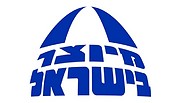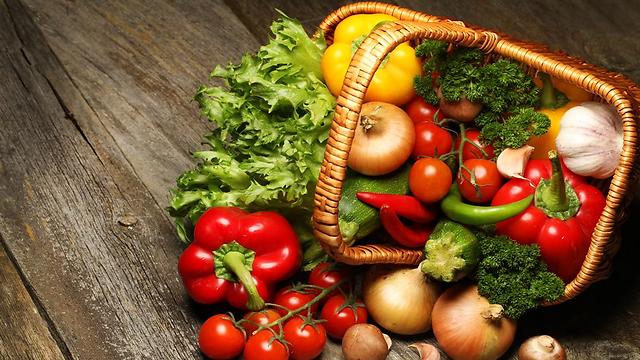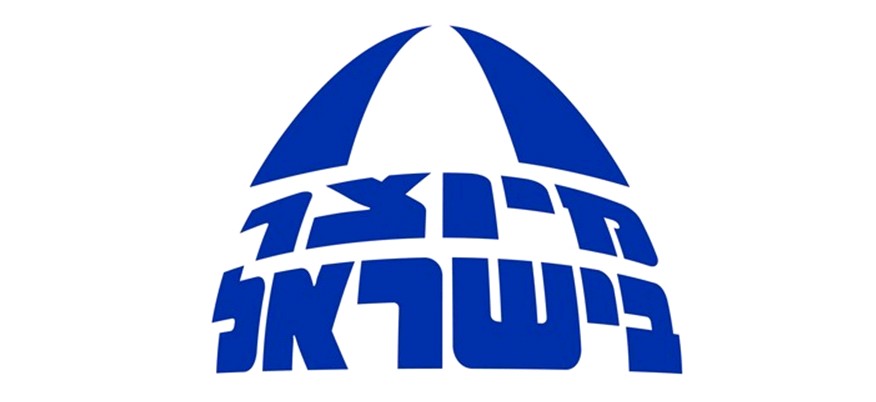
The label will be similar to marking the other products, using a logo accompanied by the caption Made in Israel. The label shall be affixed to the package or placed on the fruit or vegetable with a sticker. The markup will enable consumers to easily identify local produce.
The label is voluntary, and every farmer in Israel growing produce is allowed to join the campaign. In packaged produce, the label will appear on the package. The produce involved includes cherry tomatoes, packaged cucumbers, small peppers, strawberries, grapes, passion fruit, mushrooms, potatoes, carrots and herbs.
However, you will still find it difficult to identify tomatoes and cucumbers sold in bulk and imported from Turkey, Jordan, the Palestinian Authority or Gaza—and have recently been the focus of disputes over the import of agricultural produce to Israel (peppers will probably be marked). Among other things, they raised questions about the spraying of the goods and importation from entities hostile to Israel.
In Israel, there are usually enough fruit and vegetables to meet the needs of the population, but at the same time, there are regular imports to enrich the variety. In addition, the Ministry of Finance is occasionally quick to approve imports without customs' duties in times of shortage and as a way of lowering prices. At the same time, imports do not always lower prices.
The Farmers' Union stated that they "will coordinate the requests from the farmers, examine and approve them on behalf of the Israel Farmers' Association in order to receive the label, and will submit its recommendation to the Manufacturers' Association of Israel, which will approve the request and send the logo to the farmers. The service is free of charge and voluntary, at the discretion of the farmer.
"The representatives of the ministries will conduct inspections in the businesses, the sorting, storage and packing centers, in order to check compliance with the conditions or in case of receiving a complaint about a business not operating according to the rules. If the farmer is also an importer, he would have to store his independent produce and treat it in a separate compound from the imported product, to be eligible to receive the label."
Agriculture Minister Uri Ariel said, "The new label will enable local Israeli farmers to enjoy local pride and strengthen their ties with the consumer, and I am sure that the public will prefer to buy local blue and white produce and support the Israeli farmers."
Minister of Economy Eli Cohen said: "The decision to start marking agricultural products in Israel with a Made in Israel label, in addition to the marking of industrial products, which has been underway for a number of years, enables us to significantly expand the basket of products marked as blue and white products. It also serves to encourage local production and the preference of Israeli products for the advancement of industry and agriculture and the strengthening of Israeli economy."
President of the Farmers' Union, Dubi Amitai, said: "This is a process borne of intensive work that will lead to the strengthening of local agriculture and will mark a significant achievement for the Israeli consumer that was exposed last year to inferior imported produce. Labeling the produce will allow transparency for the consumer and allow him to choose either imported or fresh and controlled local produce. Symbolically, there is no better time to strengthen local production on the eve of Israel's 69th Independence Day."


















